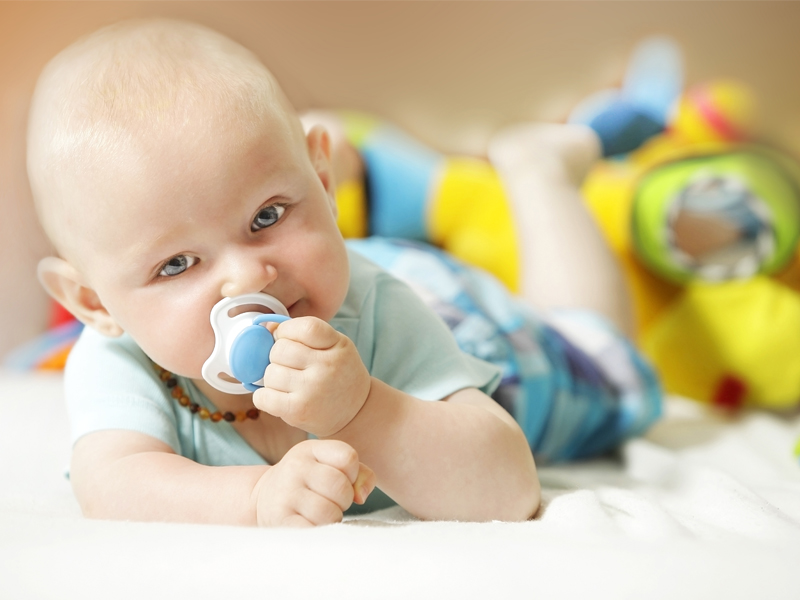Babies have a highly developed nursing instinct and to satisfy this need, they use their fingers or other objects. The habit of sucking the pacifier or the finger is one of the so-called para-functional behaviours, which shape different behaviours in relation to the normal functions of the mandibular system, such as chewing, communication, breathing and swallowing.
Babies have a highly developed nursing instinct and to satisfy this need, they use their fingers or other objects. The habit of sucking the pacifier or the finger is one of the so-called para-functional behaviours that shape different behaviours in relation to the normal functions of the mandibular system (such as chewing, communication, breathing and swallowing).
Breastfeeding one or more fingers (even before they are born) and the pacifier is adopted by infants and young children because they have the need for nutrition, it provides them with security because it replaces their connection with the mother, it calms them and often helps them to fall asleep giving them great pleasure.
Children usually stop sucking on their own before the age of four. If this habit is done with great intensity and for a prolonged period of time (over 2 years) it can affect the position of the teeth and/or the development of the jaws.
Finger sucking and teeth
More specifically, the problems related to finger and pacifier sucking on the child’s teeth are:
- the increased horizontal protrusion.
- the gap between the upper and lower front teeth when closing (open bite).
- faulty swallowing (promoting the tongue between the teeth during swallowing).
- speech problems especially with the letter sigma because there is a “gap” between the teeth between the upper and lower jaw.
According to psychologists, this long-lasting habit is related to some form of maternal emotional deficiency and should be stopped as soon as possible. Efforts should begin around the age of 2 and stop at 4 when the above problems may self-correct. However, if it is prolonged after the 4th year, the change in the position of the teeth and jaws may become permanent and their repair difficult. Of course, between sucking a finger and a pacifier, the use of a pacifier is preferable because it stops more easily and does not cause the same mandibular abnormalities.
The most appropriate person to consult in this case is the orthodontist. In fact, with his help, there is a high possibility that, through discussion with the child, he will stop sucking the fingers or the pacifier. If it does not stop immediately, a special fixed orthodontic device can be placed in the mouth for 3-6 months which will prevent the finger and/or the pacifier from being suckled.
Prolonged sucking of the finger or the pacifier can cause significant oral and jaw changes, but if the diagnosis of this para-functional bite is made in time, there is the possibility of prevention or of facilitating a future orthodontic treatment! At Great Smile orthodontic clinic, we provide Pediatric dentistry services, as well as, orthodontics for children in order to solve any problem!

